‘I fell in love with a superstar surgeon who turned out to be a conman’
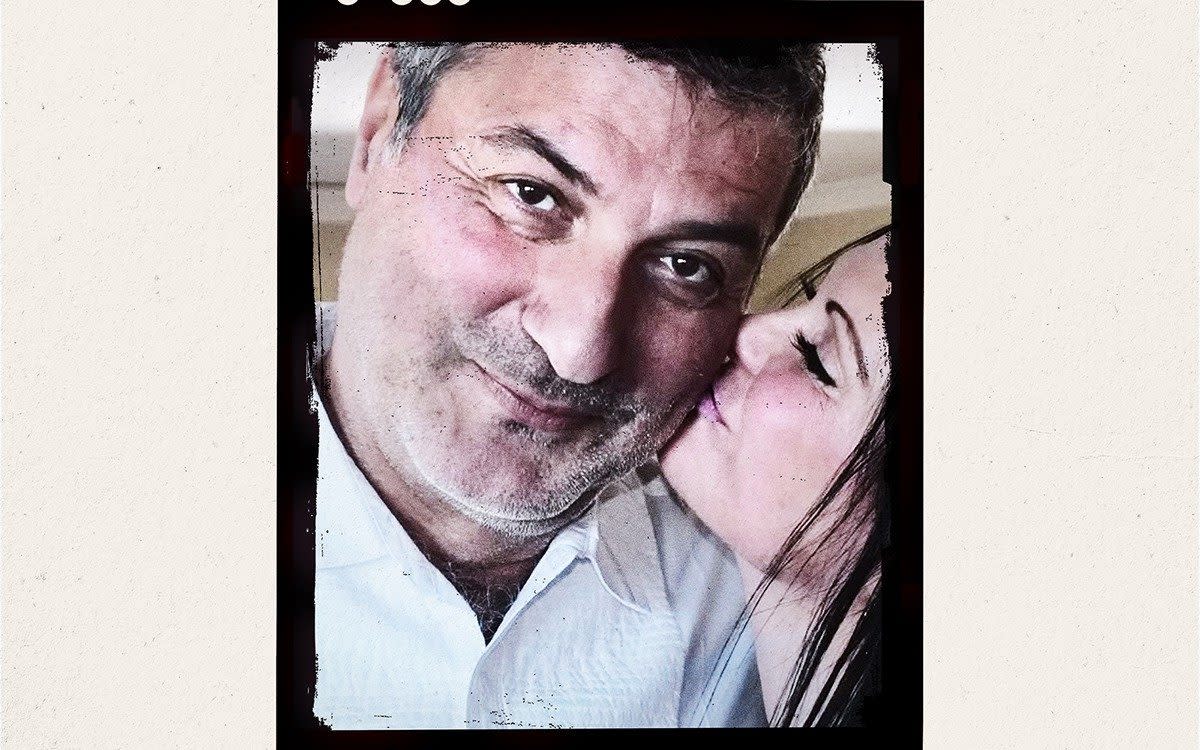
Paolo Macchiarini could have been plucked from the pages of a Mills & Boon novel. The handsome Italian thoracic surgeon speaks six languages and a decade ago gained global attention for his pioneering use of plastic windpipes. His ultimate aim was almost godlike: ending the need for human organ donation.
The world was charmed. Stockholm’s Karolinska Institutet – home of the Nobel Prize for Medicine – gave him surgical teams and access to funding, sick patients sought him out and begged him to save their lives, and journalists from around the world lined up to meet him.
Benita Alexander was one of them. In her mid-40s in 2013 and an award-winning producer for NBC News, she was no naive ingénue. Macchiarini’s plastic trachea transplants, which were coated in the patient’s own stem cells prior to implantation, had caught her eye and she planned to profile him as he operated on a two-year-old girl who had been born without a windpipe.
What followed was a love affair between Alexander and Macchiarini that would ultimately upend her life. But at that point all she saw was a man who had found the solution to two of medicine’s biggest problems: organ rejection and the lack of donors.
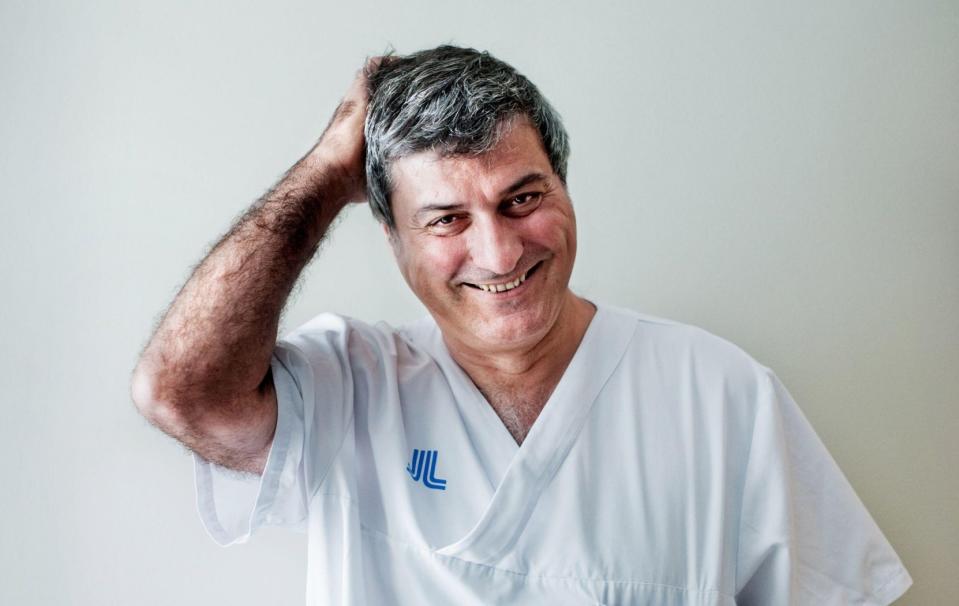
“Now I believe that he is, at a minimum, a pathological liar, but more likely a sociopath or a psychopath, but then, I thought he would change the world,” says Alexander over Zoom from her home in New York. “He is like a spider who slowly draws you into his web – but it is done with such skill that you have no idea what’s happening.”
Her story is the subject of two upcoming TV programmes: Dr Death, a true crime drama starring Mandy Moore and Edgar Ramírez, which is due to be released around Christmas on Peacock TV; and a Netflix documentary, Bad Surgeon: Love Under the Knife, which premieres on Wednesday.
Footage in the Netflix series shows the first meeting between Alexander and Macchiarini, who was 54 at the time. He comes across as a hugely appealing figure – gently talking to the sick toddler and her parents, and flirting with Alexander.
“I was very vulnerable and that’s when men like him pounce,” says Alexander, who was dealing with a separation and her ex-husband’s brain cancer diagnosis. As for why he chose her: “I think it was partly the thrill – the smarter the woman and the bigger the institution he conned, the greater the rush. But he also might have guessed what was brewing in Sweden and thought I could one day help him.”
Soon, she was breaking one of the cardinal rules of journalism: don’t fall in love with the interviewee. “Straight away it felt like I was floating in clouds. I was giddy,” she says. And yet during the same period that Macchiarini was whisking her off to Venice and Greece, his medical work was being questioned.
Monsters disguised as heroes are well-known tropes. They terrify and fascinate us – and egotistically we tend to think we wouldn’t fall for their lies. So when Matthias Corbascio, Karl-Henrik Grinnemo and Oscar Simonson, three Swedish surgeons working alongside Macchiarini at the Karolinska, started to suspect that their colleague was lying about the success of his surgeries, they initially doubted themselves.
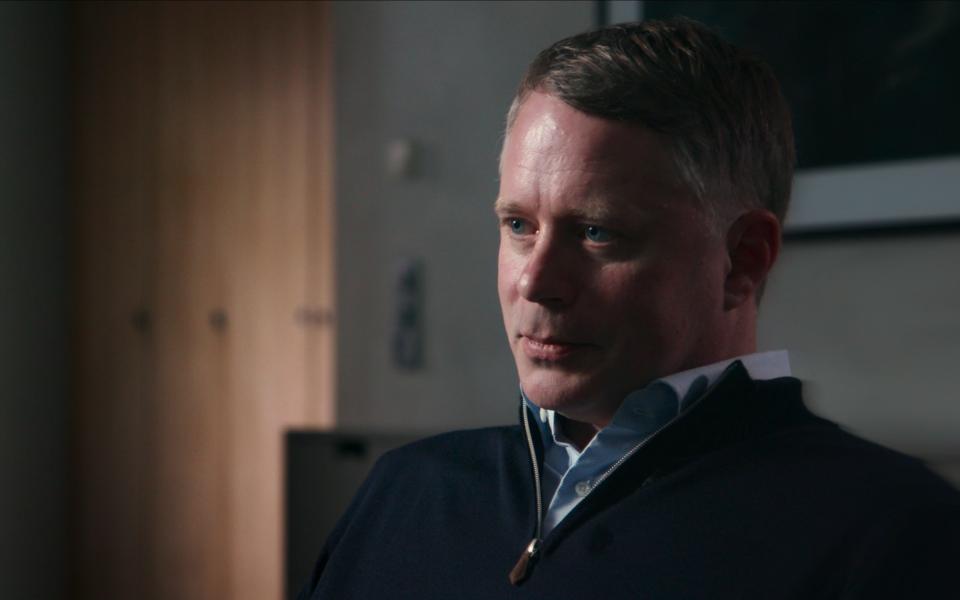
“I was the first of the whistleblowers to work with him,” says the softly-spoken Simonson. “He was extremely charming and had a lot of charisma. I remember his first presentation about his vision – he arrived in his Italian suit and scarf, and he talked very quietly so we all had to lean forward to hear, but he completely took over the room.”
Macchiarini’s intention was clear: to one day be able to replace every organ in the human body with stem-cell coated plastic implants. “It would have revolutionised medicine if it had worked,” says Simonson. “That’s why I was totally star-struck by him, as were the professors.”
For the Karolinska, he was a surgeon who could bring not only its next Nobel prize but huge financial rewards in the form of an out-patient clinic where people from around the world could benefit from his plastic organ transplants. So when some of Macchiarini’s patients died within weeks or months of their surgeries, there was concern.
One, Christopher Lyles, had throat cancer and flew from his home in the US to be treated by Macchiarini. A few months later he was dead – and yet footage from Netflix illustrates the dangerous extent of Macchiarini’s ability to charm. The 30-year-old’s heartbroken mother is filmed thanking the surgeon profusely, despite the fact that his intervention could have hastened her son’s death.
Another patient, Andemariam Beyene, lived in Iceland and had undergone surgery following throat cancer. He was, according to Macchiarini, doing very well and was often cited as a major success story. He died in January 2013. Hannah Warren, the toddler from the NBC documentary, was operated on in April and was dead by July, while a handful of patients in Russia succumbed to a similar fate. Nearly all spent their last weeks slowly suffocating and starving to death as their windpipes stopped working.
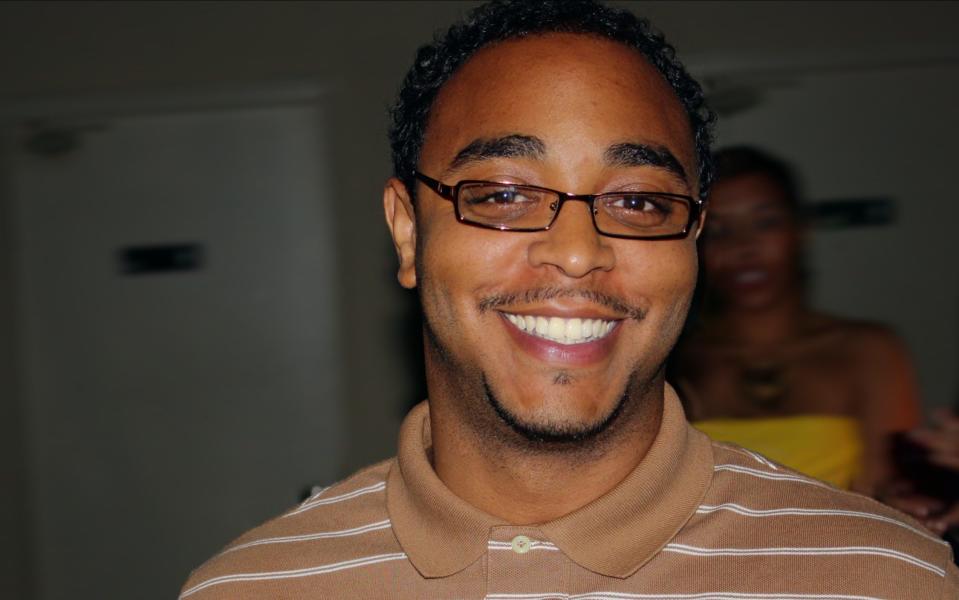
But it was the arrival of Yesim Cetir at the Karolinska that made some of Macchiarini’s surgical colleagues reassess everything. She was a healthy young woman from Turkey whose windpipe had been damaged by a minor operation to stop her from sweating excessively, but lived a largely normal life. She took a commercial flight to Stockholm and the night before her surgery (which Macchiarini had personally persuaded her to undertake) she ate a Big Mac. It would be the last normal meal of her life.
It was late 2012 when he operated on her, and throughout 2013 and 2014 – when the surgeon was giving lectures around the globe and flying Alexander to secluded Greek islands – the three whistleblowers would tend to Cetir, who was by then living a life that Corbascio describes as “pure torture”.
Simonson says: “All the other patients went back to Iceland and the States so we missed the aftermath, but Yesim we followed very closely. From the day she stepped into the Karolinska, her nightmare began. She was with us for more than three years in total agony and all the complications were related to this synthetic windpipe.”
Every four hours, she gagged as her windpipe was forcibly cleared by doctors. The problem was becoming clear: the stem cells that supposedly stopped the body from rejecting the man-made trachea weren’t working, which meant it was constantly clogged up by cells from her own immune system.
“I operated on her a number of times,” says Corbascio, over Zoom. “She was so depressed and fell into such a deep, dark place. I never spoke to her – her life was completely wrecked – and she hated all of us, but she didn’t realise we were on her side.” Such was the dire quality of her life that the whistleblowers say they were relieved when they heard she had died.
Around this period, the three men discovered that Macchiarini had never performed a single animal trial before implanting his tubes in human patients, which is illegal. “I was immediately convinced that he had lied about everything,” says Grinnemo.
As this was unfolding in Stockholm, Alexander was living a fairytale. Macchiarini had proposed at Christmas 2013 but explained that she must leave the entire planning of their wedding to him. He was, he told her, part of a secret network of doctors who operated on the most powerful people on the planet and as a result the guest list was to include the Obamas, the Clintons, Vladimir Putin, Nicolas Sarkozy and other world leaders. Andrea Bocelli would sing at the ceremony, Pope Francis would officiate, and his papal palace in Castel Gandolfo would serve as the venue.
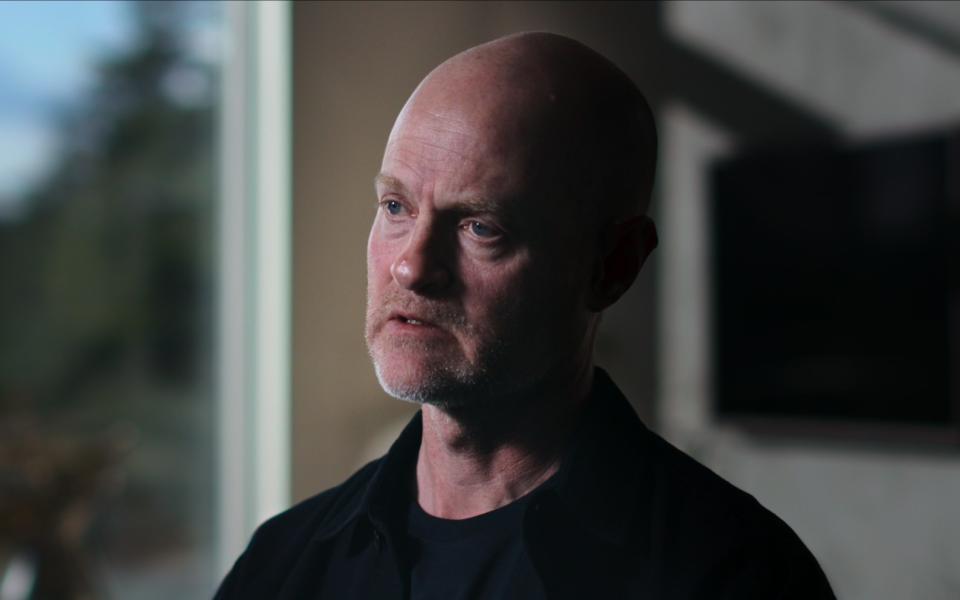
This was, of course, completely fabricated, but Alexander likens hearing it all to being a frog in boiling water. If she ever questioned him, he would concoct another story – and while in the documentary she can sometimes appear confusingly naive, on Zoom she comes across as highly intelligent.
As to why he bothered with such outlandish lies, Alexander believes it gave him a thrill. “Nobody understands this type of mind because people like him don’t have therapy; they don’t feel guilt or remorse or empathy but they do enjoy the high of getting away with something.”
The wedding was planned for July 2015 and as the date approached, Alexander started to worry. Why could she not speak to the wedding planner or the venue? And why – despite criss-crossing Europe and America with her fiancé – had she still not been able to visit the house in Barcelona that was his main residence?
By this point, Alexander had agreed to quit her job and move to Spain with her teenage daughter to live with her future husband. But the day after her NBC leaving drinks in May 2015, a colleague sent her an email showing that the Pope would be in South America at the time of her wedding.
“Suddenly all the red flags made sense,” she says. “He was such an adept manipulator and so skilled at dismissing my concerns, but in that one moment I saw the truth.”
When she confronted him, he cut off contact and so she went in secret to Barcelona where – sitting in the back of a hot taxi wearing a blonde wig – she watched the man she thought was the love of her life walk down the steps of his house with a woman and two children. Later she would realise that they had never been engaged, as he was already married.
“I was consumed with rage and that got me through it in a way,” she says. “But there was profound sadness, and humiliation and embarrassment that I had fallen for this. It was very complicated.”
A year earlier, Corbascio, Grinnemo and Simonson had started gathering evidence. They had learnt about patients in Russia – one of whom, like Cetir, had mild tracheal damage and normal life expectancy but who then went on to die in agony after Macchiarini’s interventions. “Like lambs being led to slaughter,” says Grinnemo.
Once their case was prepared, they took it to the Karolinska board, but in a parallel of the Lucy Letby tragedy here in Britain, senior management not only refused to listen to their concerns, but disciplined the three surgeons – ordering them to apologise and punishing them by slowly cutting them off from funding and any promotional opportunities. Macchiarini, by contrast, was vindicated by his employers in an in-house investigation and continued to take on new patients.
It would take until 2016 before his fall from grace. Within the space of two months, an interview with Alexander was published by Vanity Fair and a Swedish documentary was released about Macchiarini’s medical failings. Finally, the Karolinska bowed to pressure and announced it would not be renewing its star surgeon’s contract. In 2018, the Lancet journal retracted two papers by Macchiarini.
And in 2022, he was found guilty of bodily harm in a Swedish district court and handed a suspended sentence.
But for Alexander, the three whistleblowers and the relatives of his patients, relief only came in June this year, when prosecutors appealed that verdict and Macchiarini was sentenced to two-and-a-half years in jail for causing the deaths of three people between 2011 and 2014. The Svea Court of Appeal concluded that there were no emergency situations among two of the three patients who later died, while the procedure on the third could not be justified. “The patients have been caused bodily harm and suffering,” the appeals court said of the two men and one woman. The patients, it concluded, “could have lived for a not insignificant amount of time without the interventions.”
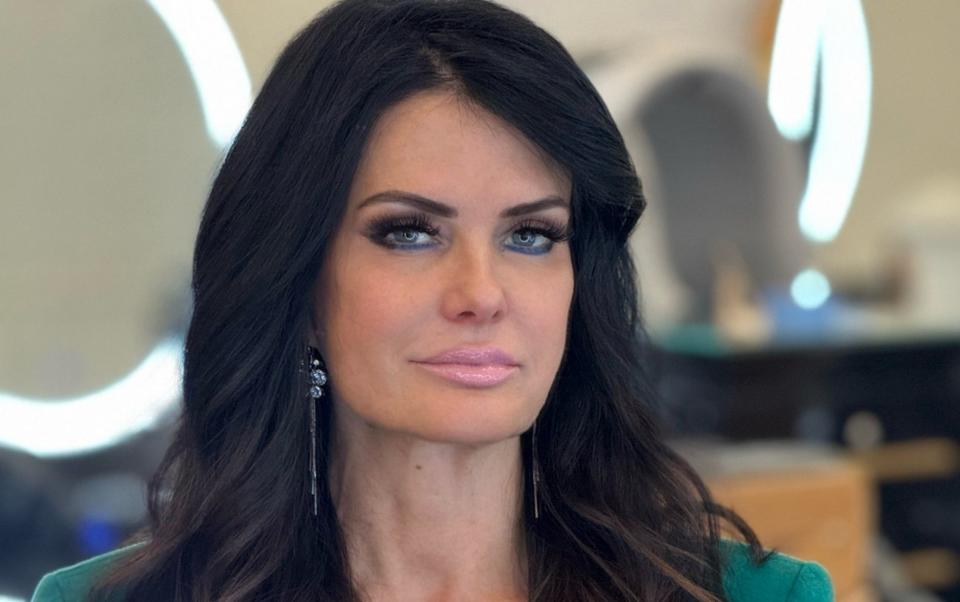
Macchiarini has consistently denied any criminal wrongdoing. He told the Associated Press news agency that he felt he was being treated like “a war criminal”. He said: “We did the transplant in good faith.” His lawyer, Björn Hurtig, said they would appeal. “We have not given up; this match is not over,” he was quoted as saying by Swedish media.
For the three whistleblowers who were all but forced out of their jobs, it was too little, too late. “They [the Karolinska] have not been punished enough: at a minimum, they should give the families of the patients who were killed reparations,” says Simonson. All three argue that doctors like Macchiarini will always exist, but that institutions must learn they cannot continue to put patients’ lives at risk in their desire to protect their reputations above all else. As a result of the whistleblowers’ efforts, the case is now being examined by the European Court of Justice. The Karolinska has conceded that the whistleblowers “should have been taken seriously much earlier”.
As for Alexander, she is living in New York, in a new relationship, and hosting a podcast in which she interviews other women who have fallen victim to conmen. She has refused to stay silent. “The victim shaming and the humiliation is part of what keeps you quiet, but I owe it to other women to speak out,” she says. “Paolo’s punishment still doesn’t fit the crime, but at least his reputation is tanked and for a man like that – who doesn’t care about how many lives he has destroyed – there is nothing worse.”
A Karolinska Institutet (KI) spokesman said: “There is much to criticise in Karolinska Institutet’s actions related to the Macchiarini case. The events have been thoroughly investigated and measures implemented: KI has improved review procedures, tightened rules, and increased awareness of ethical considerations in research.
“KI’s president at the time resigned as a result of the Macchiarini case, but the fact remains that it was the individual researchers who made the mistakes and were responsible for the dishonesty and culpability.
“There is no doubt that the whistleblowers should have been taken seriously much earlier. This fact has been admitted by various KI representatives in the past, and an apology has also been made on several occasions.”
Mr Macchiarini said he denied the derogatory information about him and is considering legal action against anyone who insults his honor through false accusations.
Bad Surgeon: Love Under the Knife is released on November 29 on Netflix


